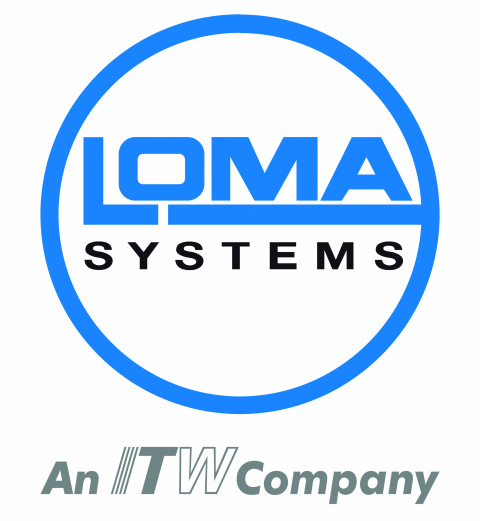

The federal government wants business and industry to offer information about processed foods so a national definition of such foods can be formulated.
In a formal Request for Information, the leadership at the Department of Health and Human Services, the U.S. Department of Agriculture and the Food and Drug Administration this week announced concerns about the health of the American public as it relates to processed foods.
The governmental bodies’ leaders said they are concerned that the foods are contributing to “chronic disease that is plaguing America.” They said a crucial stop in addressing the problem is gathering information from business and industry to help establish a federally recognized uniform definition for ultra-processed foods.
The announcement did not specify what, if any, action would be taken to control processed foods once a definition is established.
“Ultra-processed foods are driving our chronic disease epidemic,” said HHS Secretary Robert F. Kennedy Jr. “We must act boldly to eliminate the root causes of chronic illness and improve the health of our food supply. Defining ultra-processed foods with a clear, uniform standard will empower us even more to Make America Healthy Again.”
In their joint announcement, the government agencies said creating a uniform federal definition will serve as a key deliverable on the heels of the recently published Make Our Children Healthy Again Assessment, which recognizes that the overconsumption of ultra-processed foods is one of the driving factors of the childhood chronic disease crisis.
“. . . this Request for Information is yet another step in seeking commonsense ways to foster improved and more informed consumer choice. A unified, widely understood definition for ultra-processed foods is long overdue,” said U.S. Secretary of Agriculture Brooke L. Rollins.
FDA Commissioner Martin Makary also chimed in, saying that threats from ultra-processed foods pose clear and convincing threats to the American public. He said government agencies should “work in lockstep” to develop a uniform definition of ultra-processed foods.
The announcement from the federal agencies said that even though a definition of the foods does not yet exist, it is believed that approximately 70 percent of packaged food in the U.S. food supply is ultra-processed.
“Dozens of scientific studies have found links between the consumption of foods often considered ultra-processed with numerous adverse health outcomes, including cardiovascular disease, Type 2 diabetes, cancer, obesity and neurological disorders,” according to the announcement.
“A uniform definition of ultra-processed foods will allow for consistency in research and policy to pave the way for addressing health concerns associated with the consumption of ultra-processed foods. The RFI will be publicly available in the federal register on July 24 and seeks information on what factors and criteria should be included in a definition of ultra-processed foods.”
In addition to developing a uniform definition, the FDA and National Institutes of Health are investing in research to help answer questions about the health impacts of ultra-processed foods through its recently announced Nutrition Regulatory Science Program.
(To sign up for a free subscription to Food Safety News, click here)
















